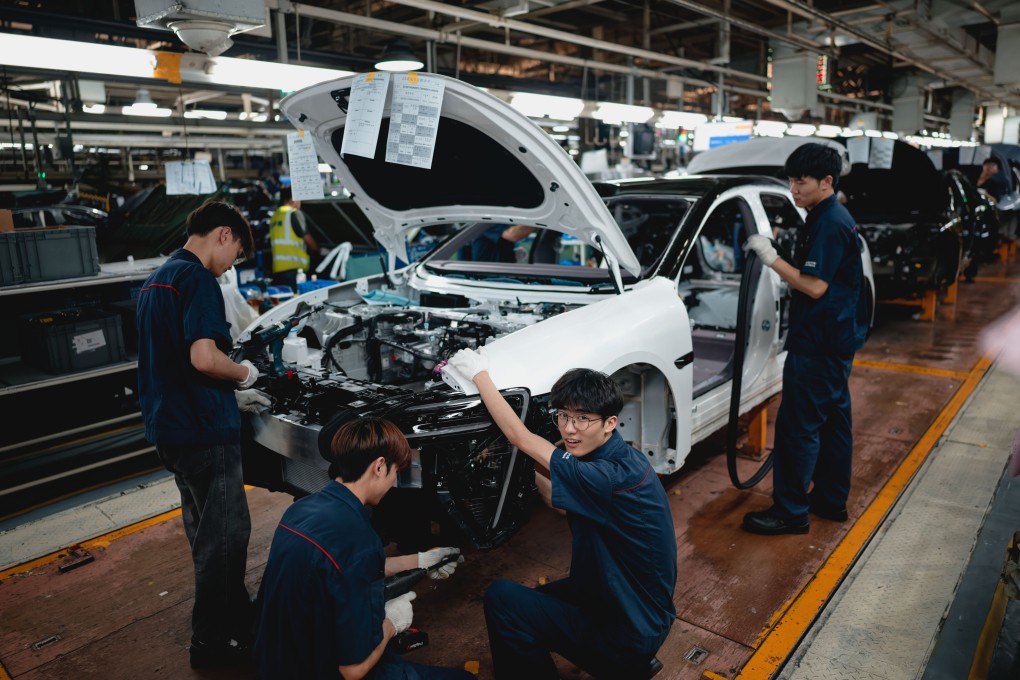Opinion | How China’s EV titans can end the industry’s forever price war
Industry consolidation would not only end an unsustainable race to the bottom but also help Beijing’s broader economic agenda

China’s electric vehicle (EV) industry has achieved resounding success, marking a triumph for Chinese industrial policy and entrepreneurship. However, the sector now stands at a critical turning point.
Last year, BYD reportedly told suppliers to slash prices by 10 per cent. China’s Ministry of Industry and Information Technology has cautioned that such ruthless competition would undermine long-term innovation and safety standards. “There are no winners in a price war, let alone a future,” a ministry spokesperson told state media, marking a rare and blunt public rebuke.
The underlying issue is stark: China’s EV market is oversaturated. According to Jato Dynamics, there are now 115 Chinese EV brands vying for market share. However, after last financial year’s third quarter, 25 per cent of firms were in the red. Additionally, over 50 per cent of firms have less than 0.1 per cent market share.
